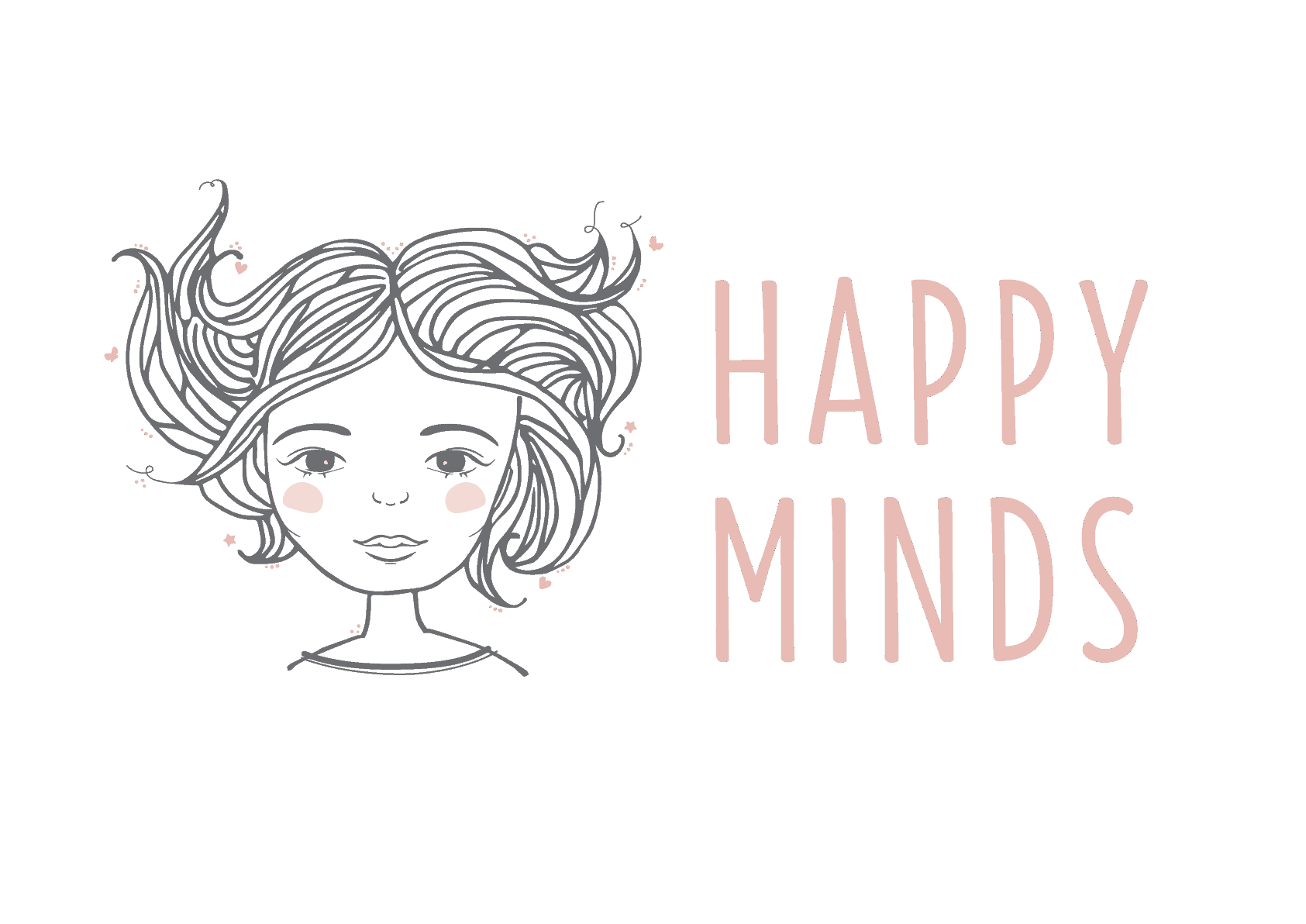- Geelong Psychologist. Telehealth Available. Medicare Rebates. Book Appointment:
- 03 5292 8833
- [email protected]
birth trauma
PROFESSIONAL SUPPORT FOR THE POSTNATAL PERIOD

It is estimated that 1 in 3 women will experience birth trauma.
Trauma related to birth can include both physical injury and emotional trauma from the way they were related to throughout the birth by professionals. They may not have been listened to or were spoken to in an unhelpful or demeaning way.
Typical trauma responses to birth may include increased levels of anxiety, fear of certain situations or flashbacks and nightmares of the birth.
WHAT ARE THE COMMON SCENARIOS WHERE BIRTH TRAUMA CAN DEVELOP?
There are lots of different reasons why you might experience symptoms of trauma following a birth. Your childbirth experience may not have gone according to how you planned or expected it to happen. You may have had a particularly long labour or encountered complications.
It might have been a situation where you hoped for a natural birth, but due to problems, you were forced to have an emergency caesarean.
Or there may have been health concerns for your baby that added additional stress following the birth.
There are also unfortunately situations where medical staff aren’t as supportive as they should have been. Sometimes, in the hustle and bustle of the labour ward, medical professionals don’t always take the time to explain what’s happening and why or take the time to assist with your emotional needs both before, during and after birth.
Any and all of these scenarios can produce birth trauma – including symptoms such as depression and anxiety. These symptoms aren’t pleasant, and they may get in the way of how you care for your baby and others.
HOW A PSYCHOLOGIST CAN HELP
Psychological intervention and support can aid women to learn strategies to manage anxiety, and to process their trauma in healthy, productive ways.
A skilled psychologist can assist you to understand what’s happened, why you feel the way you do and help you to make sense of things going forward.
They’ll also provide you with useful strategies and things to do to ease your symptoms and enhance your resilience.
This can make daily life easier and increase your ability to cope with the demands of your new child.
SEEK PROFESSIONAL HELP AS EARLY AS POSSIBLE
One of the most important things to remember with any level of birth trauma (and indeed any type of trauma) is to seek professional help and support as early as possible.
Often, traumatic responses can worsen over time when they’re not dealt with in the right ways. It can become a real downward spiral – which is not helpful when you’ve got a family who relies on you.
If you feel the effects of a traumatic birth might be impacting your mood and wellbeing on a daily basis, the sooner you seek the right support, the better for everyone.
Get Treatment for Birth Trauma
Email us at [email protected] or use the contact form below to get in touch.
Don’t forget to follow us on Instagram and Facebook to join in the latest conversation!
© 2024 All Rights Reserved, Happy Minds Psychology | Privacy Policy
